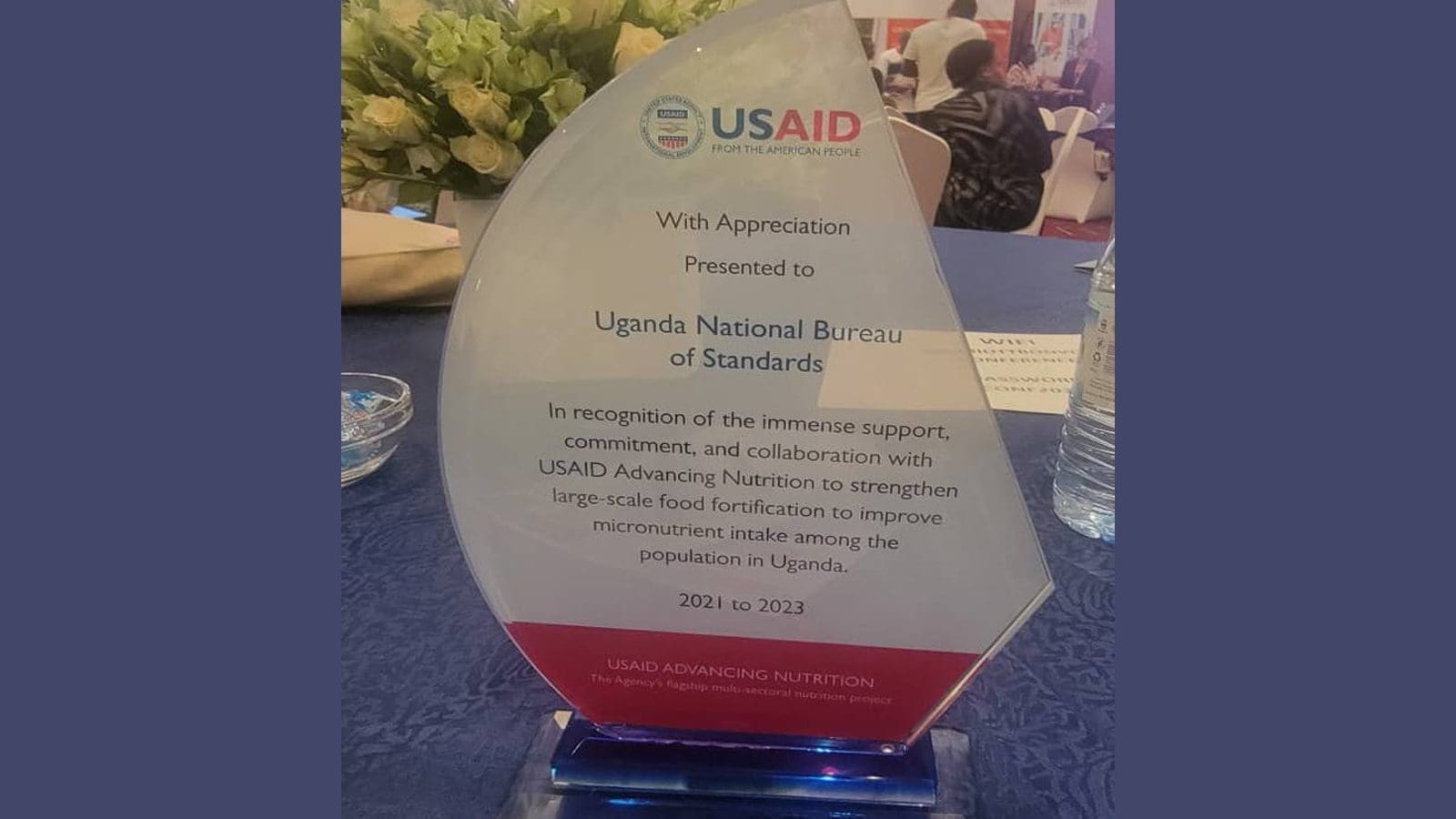UGANDA – Maize millers and traders in Uganda have pleaded with Uganda National Bureau of Standards (UNBS) to extend the deadline for certification saying they are ill-prepared as the June 30th deadline issued did not consider the various problems they are going through, some of them caused by the government and others by nature.
The millers and traders have been faulted for creating a leeway for maize contamination through poor storage and transportation, hence the requirement to have UNBS certification.
The certificate will be issued after thorough assessment of the facilities to ascertain the establishment of sanitary facilities at the premises, the health and hygienic standards of workers, construction of the premises and packaging materials among others.
This was after the government intensified efforts to do away with poor quality maize products for both the local and export markets.
The main point of contention is the presence of high levels of Aflatoxin, which led to the suspension of Uganda’s maize exports to Kenya.
Aflatoxins are poisonous carcinogens and mutagens that are produced by certain molds hence pose a great health risk as they can lead to liver cancer.
According to Uganda radio network, UNBS has issued a list of 25 companies and 27 brands that have been certified after meeting the standard requirements for processing and selling maize products for human consumption.
It has also issued an ultimatum of June 30th this year for maize millers and maize flour traders to secure standard certification for their products failure to which they will face closure.
The development also came amidst a drive around the country, aimed at sensitizing the dealers and inspecting their business premises.
“It is a young industry, so we have to be careful so that they do not lose their businesses, but grow. Poor post-harvest handling has been mostly blamed for the presence of high levels of aflatoxin in the maize that mainly results from poor storage. The campaign among the traders and millers is aimed at ensuring that they do not buy infected maize from farmers,” said the UNBS Acting Executive Director, David Livingstone Ebiru.
The millers and traders have pointed out that some of the requirements set by the parastatal are unrealistic for the industry ,e.g., a maize mill with a tiled floor which will be damaged by the milling equipment.
The business community have also attributed their grievances to the covid-19 pandemic which led to a total lockdown and saw them incur severe losses when they could not continue with business as usual.
The high cost of electricity, which is eating into their profits makes it even harder for them to break even and be able to meet the government requirements.
They have warned that many, especially the smaller investors are likely to fall out of business if the enforcement of standards is not handled carefully.
In two towns, Wobulenzi and Luwero, with over 50 millers, none of the millers or traders have secured the standard certification as the deadline looms.
The Chairperson of Luwero Maize Millers’ Association, Robert Ssebugenyi , has stated that each miller may need over 50 Million Shillings to redesign their buildings and put up requirements so as UNBS can certify their products, an amount they can’t raise within the limited time period.
On behalf of the millers and traders, he has pleaded with the standardization body to give them a grace period of at least a year.








